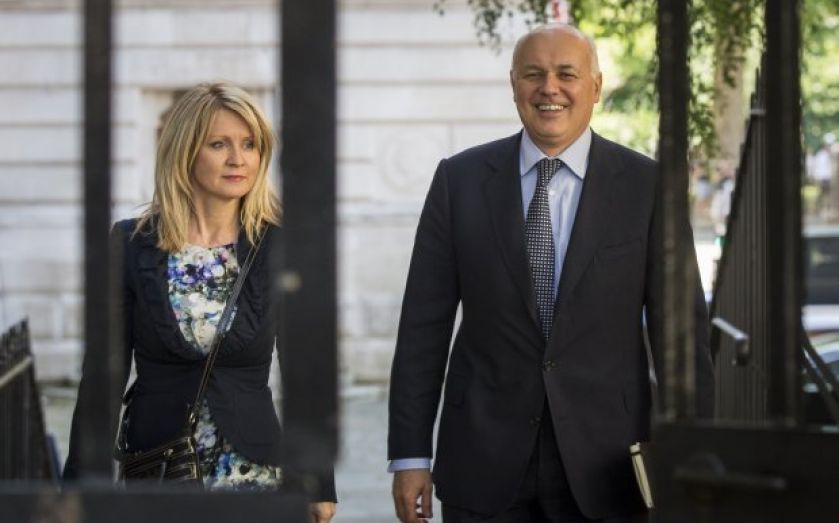| Updated:
David Cameron’s Cabinet reshuffle freshens things up but keeps big-hitters in play

The Prime Minister was widely expected to tweak his senior team with a small-scale reshuffle this week, keeping his most high-profile ministers in place. Instead, David Cameron has opted for a complete shift at the top of his party from which even his closet allies aren’t safe, as he readies his party for the 2015 general election.
Big moves this morning include Michael Gove losing his job as education secretary, a role that earned him hate-figure status with teachers around the country, and shuffling back into the heart of Westminster to become the new chief whip. In addition, Gove has been given the role of cheerleader for the government in front of the TV cameras, with Cameron expected to call on him to translate Conservative policies to the masses.
Nicky Morgan and Liz Truss, both senior female MPs whose names had been widely touted for promotion, move up to be education secretary and environment secretary respectively. Morgan now has the unenviable task of calming relations between the government and teachers, which have been strained in recent months by education reforms. Esther McVey keeps her position as minister for employment and disabilities but gains a coveted seat at the Cabinet table, a significant boost towards Cameron’s promise to make a third of his Cabinet ministers women.
Other promotions see the well-liked Stephen Crabb become Welsh secretary and Lord Hill, a relative unknown outside of the Westminster bubble but a talented negotiator, nominated as Britain’s next European commissioner.
What was last night dubbed a clearing of the dead wood at the top of the Conservative party will this morning be seen as Cameron firing the starting pistol for the general election.
Unpopular figures like Gove have been shifted away from the danger zones but given enough power so as not to cause a problem for Cameron down the line, or so he hopes. The promotion of a few key female faces will help the Prime Minister tackle his women problem, especially in education, where the Liberal Democrats are expected to focus their election strategy; but it is unlikely to quieten the voices calling on him from his own back benches to implement all-women shortlists.
Cameron has kept his most powerful older MPs close, bringing them into the House of Commons and tasking them with key election-based roles while promoting fresh faces, safe in the knowledge that there is no difficult policy for them to take through the House in the run-up to May next year.
It’s a clever strategy and makes his party look refreshed, refocused and most importantly younger, while keeping the big-hitters in play behind the scenes. It’ll be interesting to see how Ed Miliband responds with his own reshuffle in the coming weeks.